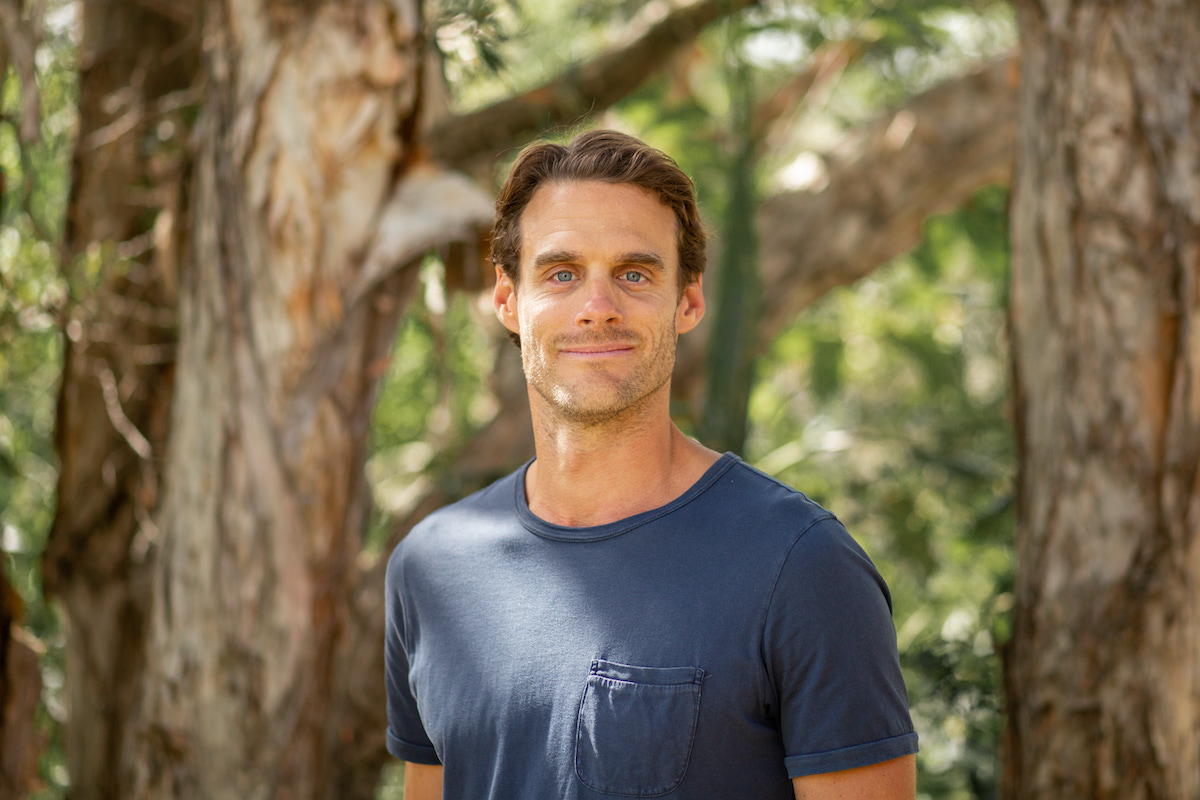ReGen Ventures wants to fund and support the most ambitious startups working to drive systemic change in our economy. The firm has reached first-close on a $67 million ($US50M) funding round, and they’ve announced their first two deals, as part of their mission to scale the most promising regenerative technologies.
“We’re backing companies that are going way beyond sustainability to actively restore the health of the planet and people” Dan Fitzgerald says, Founder and Managing Partner.
“While net-zero might be the goal for some, that’s our starting point. No company we invest in will be any worse than net zero. Our focus is on regenerative impacts that are addressing climate, while improving planetary health – things like biodiversity, water cycles, nutrient density – and then also human health.”
The firm recognises that incremental change is not sufficient to tackle the profound and unprecedented challenge of climate change. They’ve gone global to find truly game-changing startup teams.
“From day one, we want to back the best companies in the world, in food and agriculture, in materials and decarbonisation. And we can do that from here in Australia, with a globally distributed team, and that’s different from most Aussie VCs who are really focused purely on opportunities at home.”
Beyond Sustainability, Towards Regeneration
The concept of regeneration has hit the mainstream vernacular. The core concept originated from the regenerative agriculture movement, and for Dan and the team, it’s become their guiding ideology, as they drive systems change that not only shifts us away from the status-quo, but also heals the damage already done.
“For us regeneration means: systemic, root cause, and addressing both planetary and human health. We’re looking at big transformative companies, and rather than doing incremental, or less harmful approaches, they are actively building new systems that by their sheer nature, are restoring the health of people and the planet.” Dan says.
He has little doubt that a single startup can drive economy-wide change.
“Whether it’s taking what was previously a waste feedstock and turning that into a valuable product that replaces a fossil fuel derived incumbent product, or, whether that’s a business model innovation that makes things far more circular than they were previously. These are $10 trillion markets, they’re not these small, niche things. So for us, we’re looking for necessary day-to-day goods, what we eat, what we wear, how we move around and where we live. Rather than something like a new pizza delivery app.” Dan says.
Does that mean it has to be patient capital? Is there potential for these radical new ideas to gain rapid adoption?
“You definitely need patience. You need it going into the investment, but it doesn’t necessarily mean that the things do take longer. What we’re seeing right now is climate awareness meeting insatiable consumer appetite. And for us, that means the demand pool is likely to make these things scale far quicker than we can ever imagine, but only for the right product, where it’s better, greener, healthier, cheaper. It’s just a better thing.” Dan says.
Animal-Free Leather & Soil Samples From the Sky
ReGen has held its first close, and they’ve already started deploying funds, so far, they’ve reported investments into two companies; Hide Biotech and Seqana.
“So one is called Hide Biotech, which is based in Cambridge in the UK. It’s an alternative materials company that’s using industrial food waste to make a leather alternative, which is collagen based. It’s superior quality, lower cost than traditional leathers and cuts out all of the embedded emissions on the animal side. It also cuts out all of the toxic tanning chemicals, like chromium and heavy metals, that go into that process.” Dan says.
“And then the other is Seqana, a software company that’s using satellite data and ground truth measurement to measure soil carbon at scale. Their vision is to democratise carbon farming for every farmer in the world. So someone in Mongolia, someone in Kenya, someone in Australia can verify their soil organic carbon at around 50 cents per hectare, whereas today, it’s around $30 to $50 a hectare. It’s quite expensive.”
High-Profile Partners and ‘Purist’ Deal-Flow
The market today is a lot different to 10 years ago. What was viewed as radical back then, is the very core of today’s hottest new startups. Dan has built a team that is deeply aligned on this world-view, and that’s allowing them to attract high-quality partners.
“It’s having the effect of self-selecting founders who want a partner who is a purist, someone who sees the world in a similar way to them and wants to build a company for decades.” Dan says.
“And having Rose Macario join us as a partner, after stepping-down as CEO of Patagonia, has reinforced that. Here’s someone who’s built an iconic global business with these principles baked into the business model, and now, she’s sitting on the board of a large EV company called Rivian, and she’s doing the same thing there – they just made ‘Nature’ a shareholder. Baking in these principles from day one, for a founder, is very important.”
Deal flow is also coming their way, as businesses recognise the value of having capital on-board that is aligned.
“And so we’re getting a lot of founders reaching out, also a lot of other more mainstream VCs that want us to invest alongside them, to have more of a purist domain expert on the cap table. It’s been a really fascinating experience. We’re as open source and collaborative as we can be. We need to shift trillions of dollars to decarbonise and heal the planet, so there’s no point in having sharp elbows. Over the long-run, what’s better for the ecosystem is better for us as well.” Dan says.

